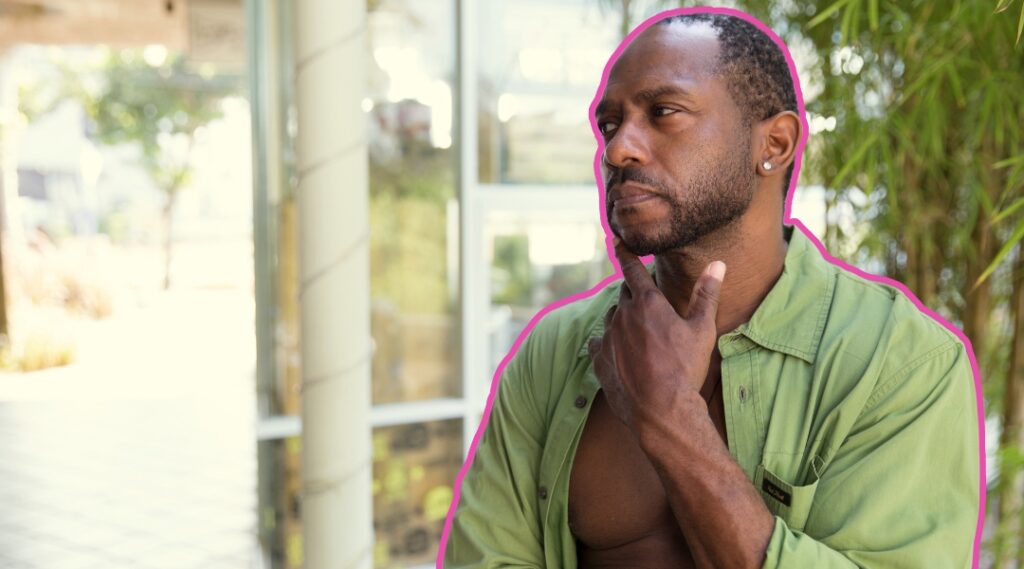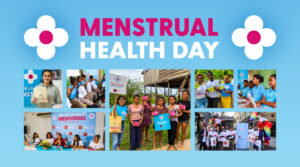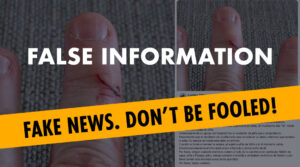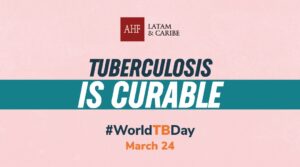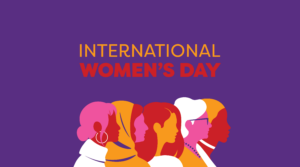“HIV test”: just three words, but they can trigger fear or doubt. Our natural response to avoid these negative feelings is to convince ourselves that we don’t need one. We believe that HIV only affects people with certain behaviors, identities, or those in specific regions of the world. However, feeling “out of risk” is a way of letting our guard down and neglecting prevention.
Here, we invite you to dismantle these ideas and reflect from a preventive perspective, so you can make informed decisions and take care of your health with confidence and without fear.
If you’ve been exposed, get an HIV test
Many people believe they don’t need an HIV test because they assume they are not at risk. However, anyone who has an active sex life and has ever had sex without a condom could have been exposed to the virus.
HIV does not exclusively affect people of a certain sexual orientation, gender, or marital status. Even in stable relationships like marriage, factors such as past partners or an occasional event outside the relationship can increase the risk. Getting tested does not mean admitting you did something wrong—it shows concern and genuine responsibility for your health.
“But I’ve always used a condom…”
Of course, correct condom use significantly reduces the risk of HIV transmission. However, this method is not 100% foolproof. Condoms can break or be used incorrectly, and other factors, such as the presence of sexually transmitted infections (STIs), can increase vulnerability to HIV.
It’s also important to reflect on “trust,” a factor often cited as a reason to forgo condoms in monogamous relationships. Keep in mind that one of the partners might not always uphold that trust, so it’s essential to consider all possible scenarios and stay aware of your health.
Trusting your partner is important, but HIV status is not always a topic that is openly discussed. Even your partner might not be aware of their own status. One option is to get tested together, which can help strengthen mutual trust and both partners’ health.
For an HIV test, don’t wait for symptoms
HIV testing should be routine for anyone with an active sex life. Just like other medical check-ups, it helps you understand what’s happening with your body and what steps to take based on the results. You shouldn’t wait for unusual symptoms to consider taking this type of test.
Additionally, HIV can show no symptoms for years, meaning you could be living with the virus without knowing it. During that time, HIV weakens your immune system and can be transmitted to others without you realizing it. Early detection allows you to start an effective treatment that prevents the virus from progressing and protects your health.
“I’m afraid of knowing the result”
The fear of receiving a reactive result is completely normal; no one wants to have a health issue of any kind. However, if you’re already living with the virus, not knowing is more harmful than facing it. Today, HIV is a treatable condition, and with the right medications, people can live long, fulfilling, and healthy lives.
Avoiding a diagnosis won’t make the virus disappear, but it will take away your chance to take necessary steps if you test positive. Antiretroviral treatment reduces HIV to undetectable levels, which will provide you with a better quality of life while also preventing transmission to others.
This is why getting an HIV test not only protects you but also helps safeguard your community. Don’t let fear win—take action and take control of your health.
To get a free, confidential, and fast HIV test, visit AHF Latin America and the Caribbean. Find our offices in your country or contact us via WhatsApp to book an appointment today.

